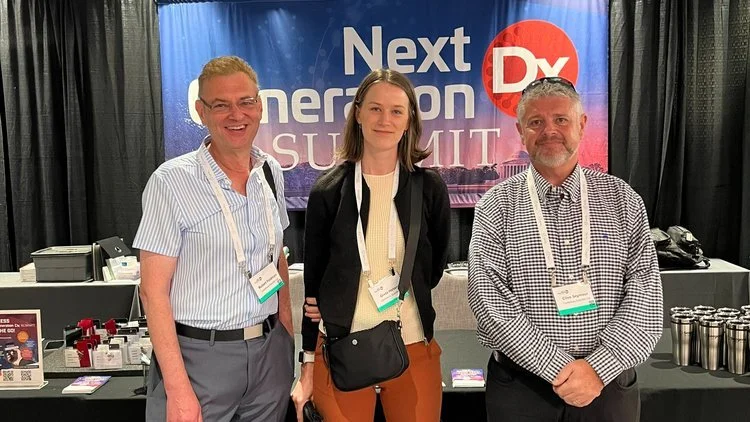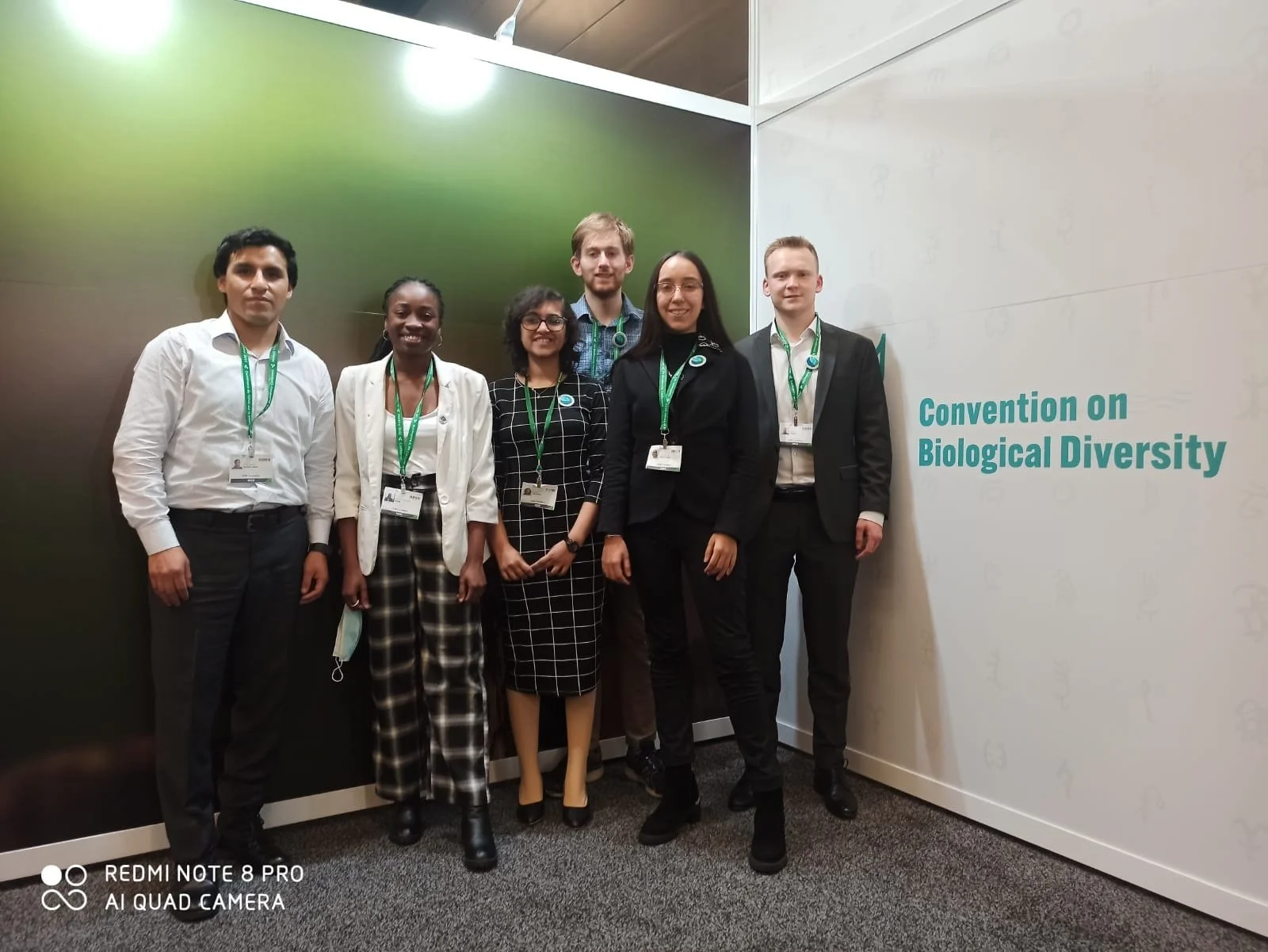Greta Holland: From a Master's in Biology to a Career in Venture Capital
Science is not always about research. Science involves investments and entrepreneurship to fuel the continuation and application of research and everything that is contained in it. Greta expressed both interests in research as well as the commercialization side that led her to a career in venture capital.
iGEM SECA NZ 2017 and iGEM Auckland 2018
Greta had been focused on using technology to solve local challenges ever since her first participation in the iGEM Competition. Both of her projects in 2017 and 2018 targeted issues in the food and agriculture industry. The iGEM SECA New Zealand 2017 team’s project was focused on the fact that most plants couldn't grow during the chilly winter temperatures, resulting in fewer fruits grown such as the yield in the grape industry. The team was inspired to protect crops by genetically modifying the crops by adding frost resistance genes.
In 2018, as a lab and community lead for the iGEM Auckland MOD team, they worked on a project that was motivated by the environmental issues in New Zealand. They focused on the country's largest export, the dairy industry. The team worked on genetically modifying plants that would overexpress genes with the ability to absorb urea in the soil to utilize urea excreted from the cattle that leached into waterways.
Getting into the Venture Capital Industry
Over the two years that Greta participated in the iGEM Competition, she had the opportunity to be part of financing pitches to numerous businesses and organizations, where she was introduced to research and the process of science commercialization.
She continued on to pursue her Master's in Biology at the University of Auckland, New Zealand, where her research focuses on synthesizing human skin using 3D bioprinting in an attempt to regenerate sweat glands for burn survivors. During this time, she continued her involvement in entrepreneurship by participating in extra-curricular activities such as summer entrepreneurship courses and ‘Chiasma’, a New Zealand student-led organization that teaches and engages STEM students in the industry.
These experiences helped her to build connections, learn about science entrepreneurship and business, and gain some leadership and organizational experience.
This eventually led her to her current role as a Technology Analyst at Canterbury Scientific Venture.
“I have a job as a technology analyst for a venture capital company, where we search the world for diagnostic technologies for our company to invest in. We have very specific criteria so my understanding of science is key. But then you also need to take into consideration if it will be clinically viable, as a diagnostic that does not have any therapeutic advantage may not be very useful. So yeah, I really enjoy being able to use my scientific knowledge and apply it to the real world.”
Greta also shared some advice on how those majoring in biology can also develop a career in venture capital.
“Networking & Communicating! That is what got me here today, being able to connect and your ability to communicate is really important. So, even if you're just going to networking events, and are very awkward, or going to that lecture that you feel is above your level of knowledge and then going and asking questions where you then say something wrong, or you might not ask the question in the right way because every time you do it you're practicing, and you're getting better and better at it. I've definitely said some stupid things in the past and continue to do today, but every time you do, you learn something from it. Because I believe your brain is a bit like a muscle, in that using it, in the sense of science communication, and networking, you will get better each time you do it and you will learn from your mistakes, so that is definitely my biggest recommendation.”
Synthetic Biology in New Zealand
New Zealand has been known for its stunning natural surroundings and organic foods, and Greta shared her perspective on how synthetic biology on crops in the eye of New Zealanders, and particularly the native Māori people, is not widely accepted but shares the progress of medical CRISPR clinical trials in the country, which demonstrates the positive steps to acceptance of the medical approach. Although she thinks that education on genetically modified crops will need continuous support, and discussions with the public surrounding the topic are key to building trust, and perhaps eventual adoption of the technology. However, New Zealand's image of clean, green, and organic, and the tapu (sacredness) of the land does leave a lot for discussion.
For Greta, iGEM means getting a step up.
“I would say, getting a step up and especially as an undergraduate student where often you're not taken seriously, there is a chance to lead your own project and see what post-graduation might look like.”
Join us in Paris and celebrate the 20th Year of iGEM at the 2023 Grand Jamboree.
Stay up-to-date about the latest news, opportunities, events and advances in synthetic biology by subscribing to the SynBio Community Newsletter







